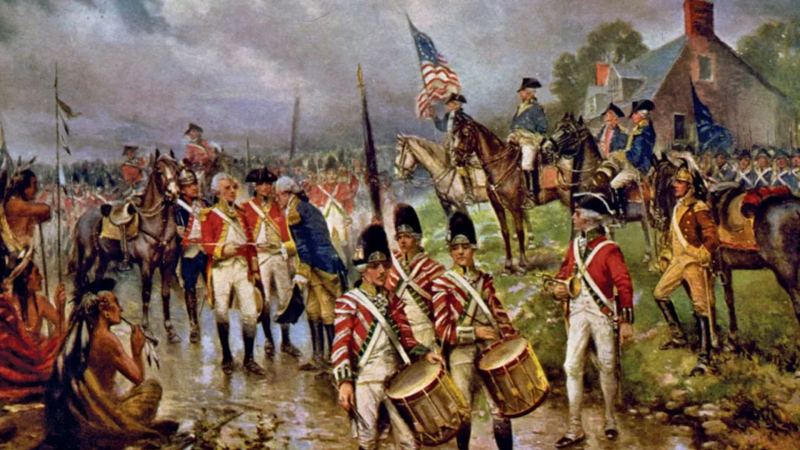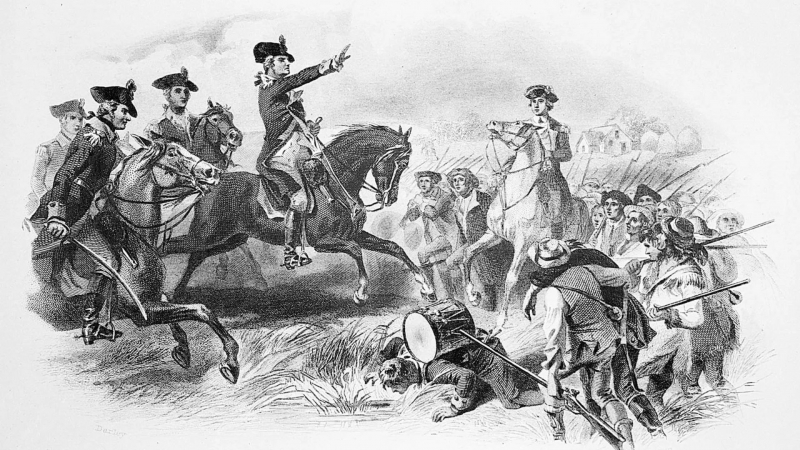Nathanael Greene Was Unable To Enlist In The Militia Before The Revolutionary War

Following the French and Indian War (1754–1763), the British parliament started enforcing new laws to collect money from British America to pay for the conflict that colonists had played a crucial role in starting. Following the seizure of a boat owned by Greene and his brothers by a British officer, William Dudington, Greene sued Dudington for damages, which was ultimately successful. In what came to be known as the Gaspee Affair, a Rhode Island mob set fire to Dudington's ship while the lawsuit was still ongoing. This infuriated the Americans, who eventually began to establish militias of dissident men all over the colonies. Greene assisted in the formation of the local militia known as the Kentish Guards, albeit he was unable to enlist because doing so would have required full health.
Following the Gaspee Affair, Greene's relationship with the British grew progressively more strained. At the same time, Greene began to stray from his father's Quaker beliefs, and in July 1773, he was expelled from Quaker gatherings. Greene assisted in the formation of the Kentish Guards, a neighborhood militia, in 1774, following the adoption of tax-raising laws that colonists mocked as the "Intolerable Acts." Greene was passed up for a position as an officer in the militia due to his limp.






